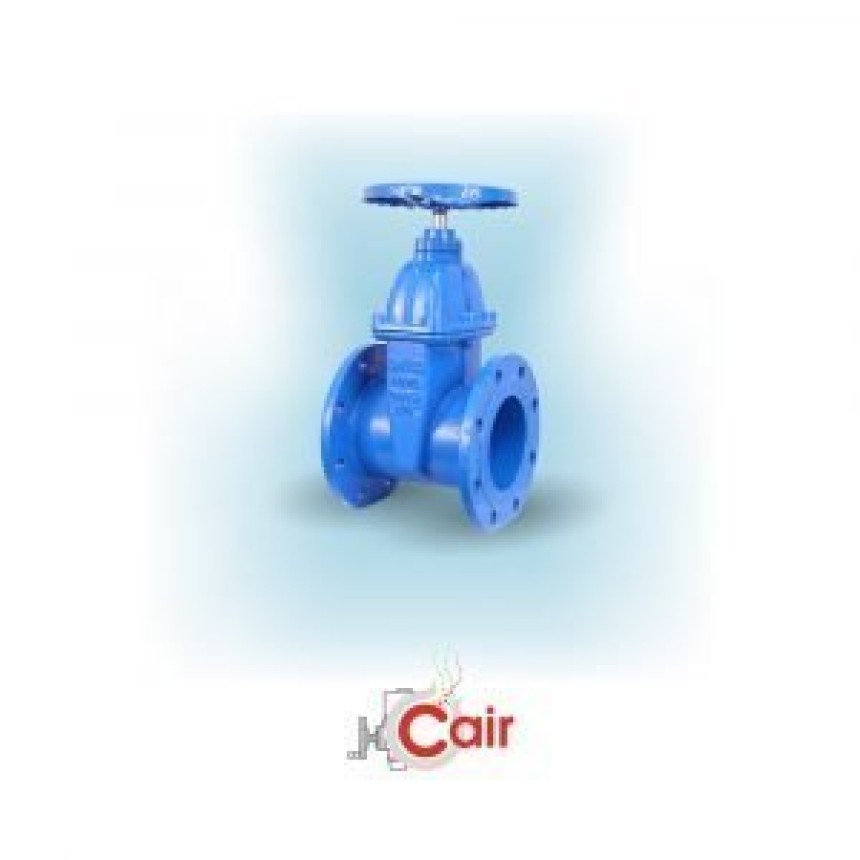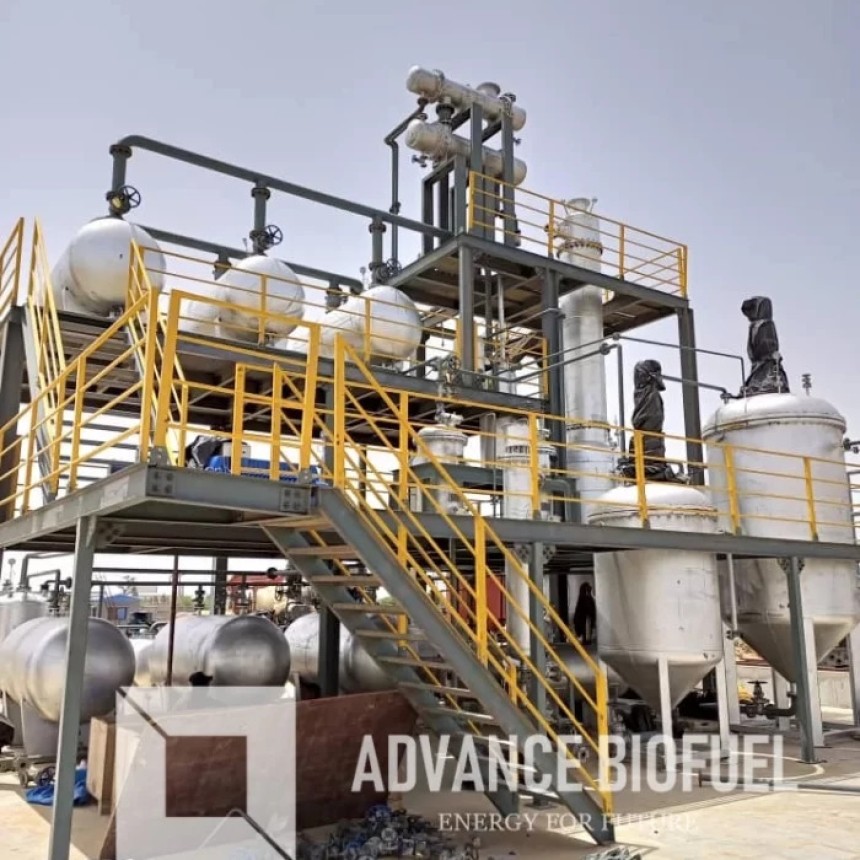
Resilient Seated Sluice Valve: What You Need to Know
As industries continue to evolve, the demand for more efficient, reliable, and cost-effective solutions is ever-increasing. One such solution is the resilient seated sluice valve. It is a crucial component of various systems, including water treatment plants, power generation plants, and other industrial applications.
In this article, we will explore what a resilient seated sluice valve is, how it works, and the benefits it offers.
What is a Resilient Seated Sluice Valve?
A resilient seated sluice valve is a type of valve that is designed for use in industrial applications where the flow of liquids or gases needs to be regulated. These valves are made of high-quality materials and are constructed to withstand extreme conditions such as high pressure, high temperatures, and corrosive environments.
The valve's design consists of a rubber or elastomeric seat that ensures a tight seal between the valve body and the gate. This seat is called resilient because it can deform under pressure to create a seal between the valve body and the gate.
How Does a Resilient Seated Sluice Valve Work?
A resilient seated sluice valve operates by using a gate that moves perpendicular to the direction of the flow. The gate is suspended on two trunnions, allowing it to move up and down in the valve body. When the gate is in the fully open position, it allows maximum flow through the valve. When the gate is in the closed position, it prevents any flow through the valve.
The resilient seat provides the necessary sealing force between the gate and the valve body. When the valve is in the closed position, the elastomeric seat is compressed between the gate and the valve body, creating a tight seal that prevents any fluid from passing through the valve. When the valve is in the open position, the seat is not compressed, allowing the fluid to flow through the valve.
Benefits of Resilient Seated Sluice Valves
Resilient seated sluice valves offer several benefits compared to other types of valves, such as gate valves, globe valves, and ball valves. Some of these benefits include:
Reliable sealing: Resilient seated sluice valves provide a reliable sealing solution due to their elastomeric seat design. This design ensures that the valve remains tightly sealed, even under extreme conditions such as high pressure, high temperatures, and corrosive environments.
Low maintenance: Resilient seated sluice valves require minimal maintenance due to their simple design. They have few moving parts, reducing the chances of failure, and the elastomeric seat material is highly resistant to wear and tear.
Cost-effective: Resilient seated sluice valves are cost-effective compared to other types of valves. They are easy to install, require minimal maintenance, and have a long service life, reducing overall operating costs.
Versatile: Resilient seated sluice valves are suitable for a wide range of applications, including water treatment plants, power generation plants, and other industrial applications. They can handle different types of fluids, including corrosive and abrasive fluids.
Energy-efficient: Resilient seated sluice valves require less energy to operate compared to other types of valves. They have a low head loss, which means that less energy is required to pump fluid through the valve.
Applications of Resilient Seated Sluice Valves
Resilient seated sluice valves are used in various applications, including:
Water Treatment Plants: Resilient seated sluice valves are commonly used in water treatment plants to regulate the flow of water. They are used to control the flow of water from one treatment process to another, ensuring that the water is properly treated before it is released into the environment.
Power Generation Plants: Resilient seated sluice valves are also used in power generation plants to regulate the flow of water or steam. They are used in various processes, such as cooling water systems, steam turbines, and condensate systems. In these applications, the valves help to control the flow of water or steam, ensuring that the power plant operates efficiently.
Chemical and Petrochemical Plants: Resilient seated sluice valves are used in chemical and petrochemical plants to control the flow of corrosive fluids. These fluids can be highly corrosive and can cause significant damage to equipment and piping systems. The valves help to regulate the flow of these fluids, ensuring that the plant operates safely and efficiently.
Mining and Mineral Processing: Resilient seated sluice valves are used in mining and mineral processing to regulate the flow of various materials, such as ores, slurries, and tailings. The valves are designed to handle abrasive and corrosive materials, making them ideal for these applications.
HVAC Systems: Resilient seated sluice valves are used in heating, ventilation, and air conditioning (HVAC) systems to control the flow of water or air. The valves are used to regulate the flow of water through the heating and cooling systems, ensuring that the building is comfortable and energy-efficient.
Types of Resilient Seated Sluice Valves
There are several types of resilient seated sluice valves available in the market. These valves can be classified based on their design, size, and application. Some of the commonly used types of resilient seated sluice valves include:
Metal-seated Valves: Metal-seated valves have a metal seat instead of an elastomeric seat. These valves are designed to handle extreme conditions, such as high temperatures and abrasive fluids. They are commonly used in applications where the temperature exceeds the limits of the elastomeric seat.
Flanged Valves: Flanged valves have flanges on both ends of the valve body, allowing them to be easily connected to piping systems. These valves are commonly used in applications where the valve needs to be installed in line with the piping system.
Wafer Valves: Wafer valves are designed to fit between two flanges, making them easy to install and remove. These valves are commonly used in applications where space is limited and the valve needs to be installed in a compact area.
Lug Valves: Lug valves can be bolted to the piping system since they feature threaded inserts on both sides of the valve body. These valves are commonly used in applications where the valve needs to be installed in line with the piping system, and it is not possible to weld the valve to the piping system.
Grooved-end Valves: Grooved-end valves have grooves on both ends of the valve body, allowing them to be connected to piping systems using grooved couplings. These valves are commonly used in applications where the valve needs to be installed quickly and easily.
Maintenance of Resilient Seated Sluice Valves
Resilient seated sluice valves require minimal maintenance due to their simple design. However, regular maintenance is necessary to ensure that the valves operate efficiently and reliably. Some of the maintenance tasks that need to be performed on resilient seated sluice valves include:
Lubrication: The gate and stem of the valve need to be lubricated regularly to ensure smooth operation. A high-quality lubricant should be used, and the frequency of lubrication should be based on the manufacturer's recommendations.
Cleaning: The valve body and gate need to be cleaned regularly to remove any debris or contaminants that may affect the valve's performance. A mild detergent and water can be used for cleaning, and the frequency of cleaning should be based on the manufacturer's recommendations.
Inspection: Regular inspection of the valve is necessary to identify any signs of wear or damage. The valve should be inspected for leakage, corrosion, and any other signs of damage. Any broken components need to be replaced or fixed right away.
Testing: The valve should be tested regularly to ensure that it operates correctly. They are tested for leakage, proper seating, and operation. This can be done by performing a visual inspection, as well as conducting functional tests, such as a pressure test or a flow test.
Replacement of Parts: Parts such as the elastomeric seat may need to be replaced periodically to ensure that the valve continues to operate correctly. The frequency of replacement depends on several factors, such as the operating conditions, the type of fluid being handled, and the manufacturer's recommendations.
Conclusion
In conclusion, resilient seated sluice valves are an essential component in various industries, including water treatment, power generation, chemical and petrochemical, mining, and HVAC systems. They are designed to regulate the flow of fluids, making them crucial for the efficient operation of these industries.
There are several types of resilient seated sluice valves available, each designed for specific applications. Regular maintenance of these valves is necessary to ensure that they operate efficiently and reliably, and the frequency of maintenance tasks should be based on the manufacturer's recommendations.
Overall, resilient seated sluice valves play a vital role in the efficient operation and safety of various industries, and their importance cannot be overstated.
Need help in growing your business? If you care for your business and want to see it at the top like them, you can contact Grow Media Digital. Grow Media Digital is a one-stop solution for every digital need. For More Details, Visit Our Official Website: https://www.growmedia.digital/





